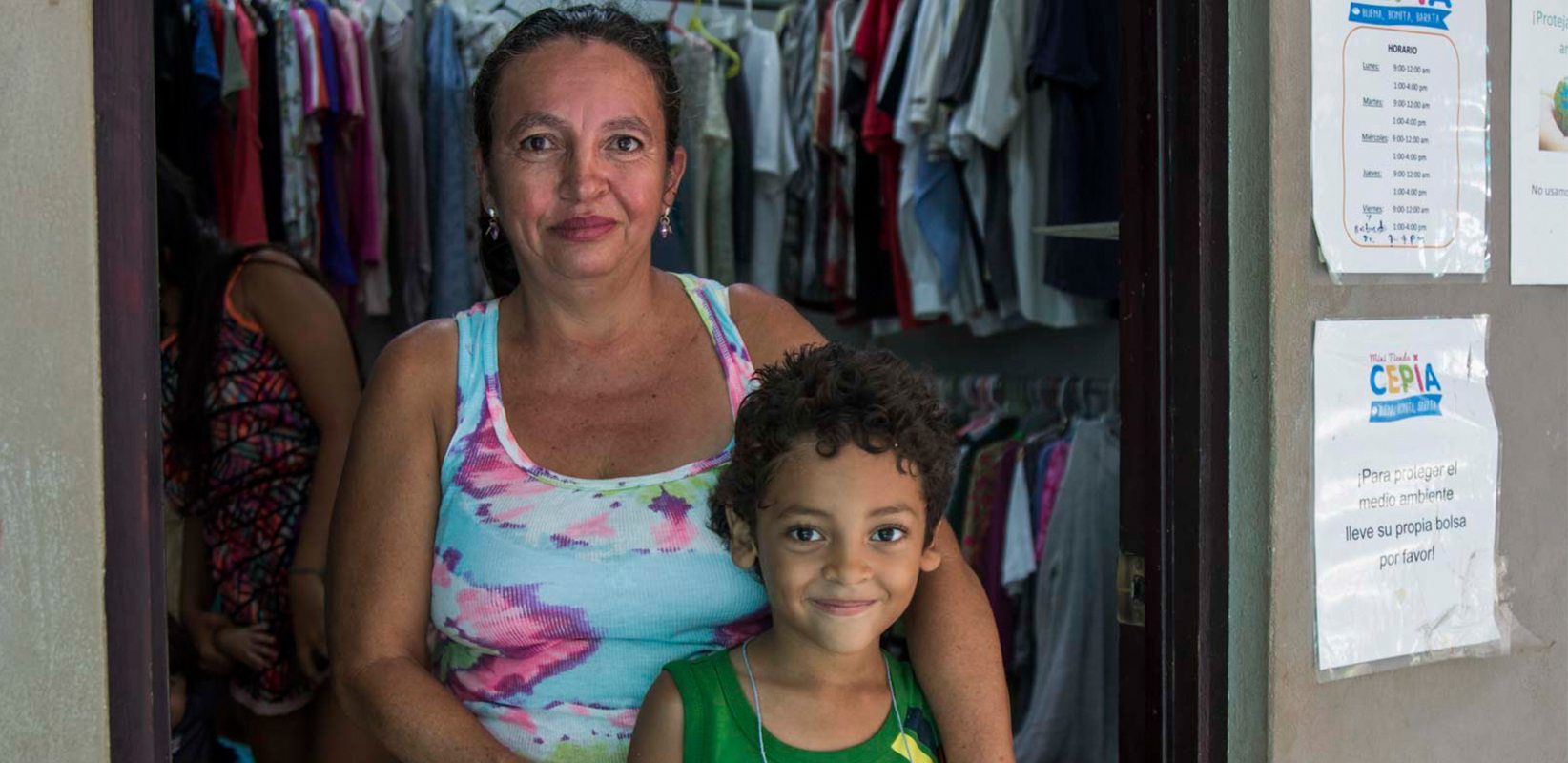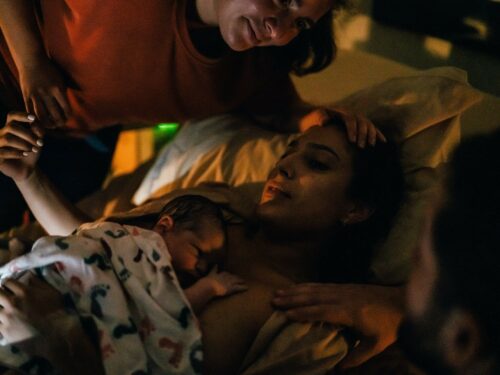
Some 100 women in Guanacaste will be beneficiaries of copper IUDs, a contraceptive device that is inserted in the uterus to prevent pregnancies for up to 10 years.
The donation is part of a project by the Association for Infant Culture, Education and Psychology (Cepia) that seeks to educate and empower women in matters of sexual and reproductive rights.
“Women of scarce resources don’t have access to basic gynecology services or to the tools to guard against unwanted pregnancy,” said Cepia’s founder Laetitia Deweer.
Cepia will donate 100 devices to women in poverty of 18 years or older, with or without children. All they have to do is make a ¢1,000 ($1.80) donation and attend informative sessions that the association organizes in Huacas de Santa Cruz
The next session will be on Thursday, April 19 at 9am in Cepia. If you would like more information or want to sign up you can call 2653-8533.
Collaborate with a Donation
Cepia needs $10,000 (¢5,750,000)in donations to finance the sexually transmitted disease (STD) tests for for the women who are selected. If you would like to donate you can do so by making a deposit in Banco Nacional 200-02-145-3257-5, Corporate Identificaction 3-002-417696.
The contraception devices were donated by the Paul Chester Children’s Hope Foundation, a U.S. medical team that provides health assistance to children and families in developing countries like Costa Rica.
The Beach Side Clinic, located in Huacas, will provide its facilities and medical specialists to insert the contraceptive units, with U.S. doctors from Pcchf as well as Costa Rican doctors from the San Rafael Arcángel Hospital and from Mediplaza San Jose.
Cepia works with boys, girls, and adolescents in poverty. According to their executive director, Lauren Morun, attending to the families of the children is also part of the association’s objectives.
“Some women don’t have insurance or resources to buy contraception, so they end up having more children than they planned on and that is an economic challenge for the family,” Morun said.







Comments